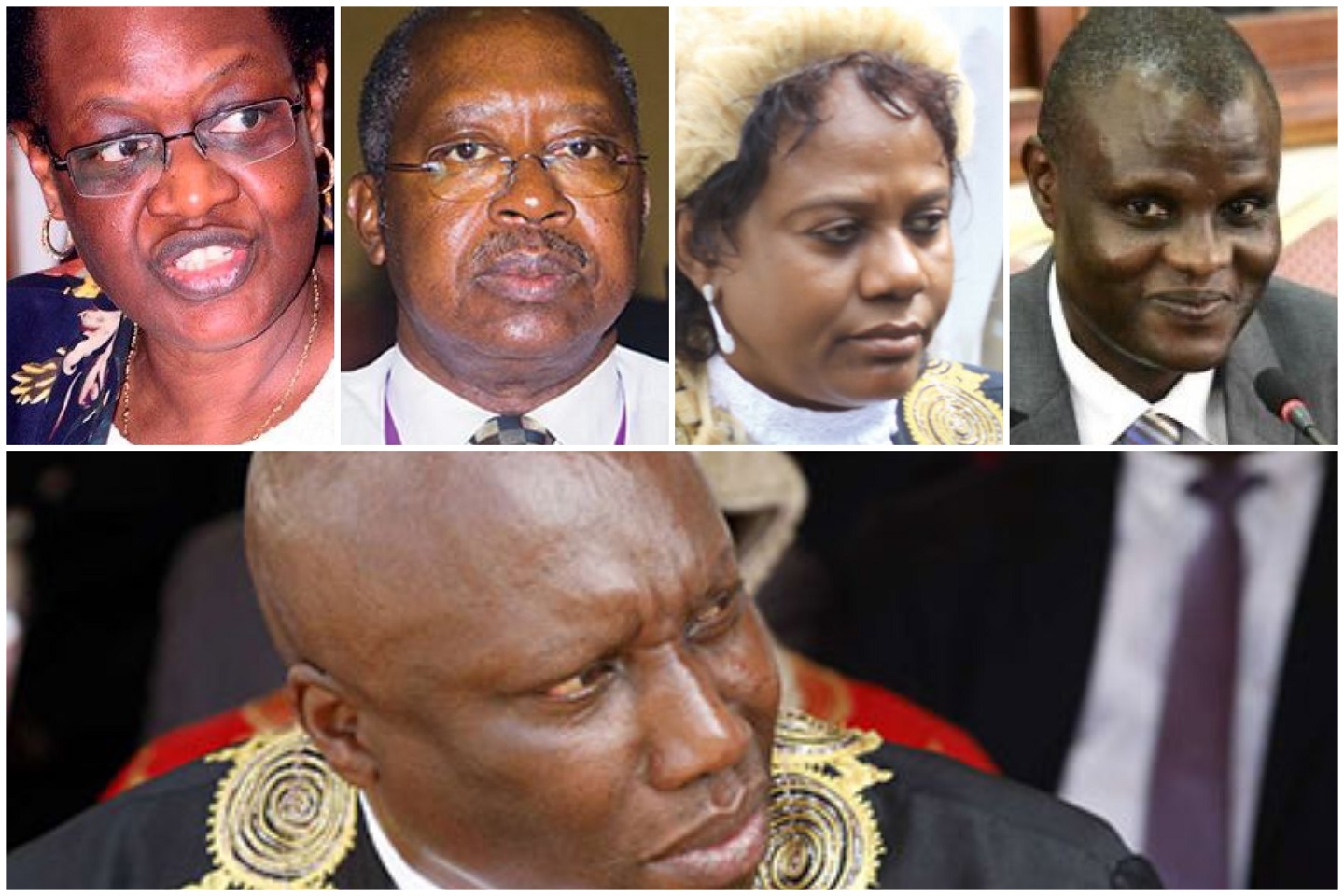The Constitutional Court has outlawed Section 118 and 124 of the Financial Institutions Act (2004) which previously gave the Bank of Uganda uncontrolled and unaccountable powers to freeze bank accounts…
Constitutional Court bars Bank of Uganda from indiscriminate freezing of customer bank accounts without a court order


